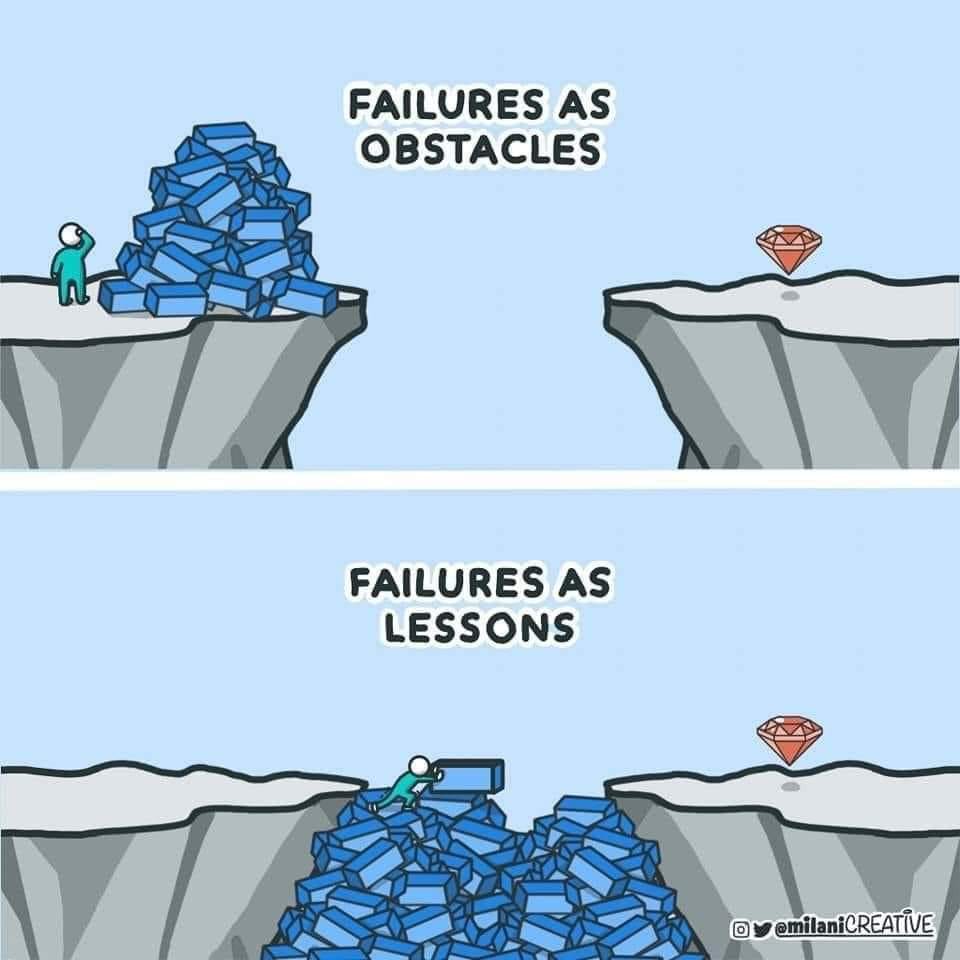When the interpreter of all input is your brain, the reality of everything you experience is wrapped up in the stories that exist in your mind. Words have power; those spoken aloud in isolation, or to others, and the words we speak only to ourselves.
Do I believe in spells, spoken words resulting in a traditionally magical effects? In the mythical sense I do not, but I believe that words and messages have power then they influence one or more brains. Our minds make sense of what our eyes see and what our ears hear, and all that input has to be processed through the filter of our experience in order to be interpreted. The stories we tell our ourselves about what we have experienced, why we went through such things, and what conclusions we can draw all influence how that processing takes place. Words spoken by others, their stories, their meanings, their intention, their influence, all become a part of the working of our brain, and shape how we live.
The Path Forward With Yourself and Others
We won’t agree with everything we hear, but once heard the words continue to live in our heads. Sometimes the interpretations of moments, of words, and of reality are at odds. After a fight, one person might tell you about their pain and how badly you failed in a moment. You experienced that same moment, realized how you fell short, and then resolved to do better in the future, even starting that very moment. One person’s story is about your failure; your own story is one of evolution. Leaning into the other person’s words remind you that you failed, reinforcing the same. Leaning into your own story reminds you that you are already growing and spurs you onward.
When talking to those around you who are working to improve their lives, you can dwell on their moments of pain or failure, or you can focus on the growth opportunity and the ways that they have moved on from that moment to improve their lives. One type of comment is an anchor, forever reinforcing the unfortunate moments; the other type is an engine for change, an encouragement for progress.
It can be important for those doing the work to hear a recognition of their efforts and progress, but it’s also important for your own sake to view them through the story of progress as well. To only recall the dark moment means that you are not giving someone the grace to grow, that the person you have in your mind is stuck in that moment, and you are not seeing the evolved human they have become. That is a disservice to those you care about, especially when the positives can be brought to the forefront.
When you talk to your friends you can choose to share the drama of a tense moment, or you can talk up the person that was involved in it, focusing instead on what they are doing after that moment to make amends, or to improve their life. Recounting hard moments of truth is certainly fair but it doesn’t always serve your greater goal. If you want to live in the echo of drama, without making progress in life, by all means speak of the hard times; you can live in that pain without moving forward. If you want to foster quality human connections, putting the emphasis on the changes that have taken place since might be a better way. In doing this, you can reinforce the health of your own spirit while also encouraging someone you care about.
This picture illustrates perspective. It shows two ways to look at failures. One story recognizes the initial moment and gets stuck there. The other identifies a failure and then builds on it to move your story forward.

A Moment of my own Experience
I just wrote a book. It was based on a journal I kept during one of the hardest and darkest times of my life. To write the book involved reading my past words and choosing which parts to keep. It involved editing, polishing, and formatting these memories over and over again. This process spanned a couple of months. The book chronicled my experiences, and my progress, and much of the book was written from a place of pain. During that time, as I fed these stories into my mind, living and re-living them, I felt a darkness that I’d tried to leave behind and it seeped into the rest of my life. Triggers with loved ones were amplified, even though the triggers had roots long before knowing them. The stories I was feeding myself were hurting my life.
With the benefit of hindsight, I would reconsider the wisdom of writing this book. I felt like there was a place for it in the world, and that it might help other people feel less alone if experiencing something similar. One price I paid for this project was a decreased quality of life for multiple months, having it color every interaction I had with anyone at all during that time. It increased my stress and likely contributed to multiple situations that could have gone a lot smoother than they did. I don’t know that, given the choice, I would choose again to write this book due to the impact those stories had upon my ongoing present.
Conclusion, and Putting it into Practice
Here I am today, and what I’m choosing to tell myself about my stories is that I have learned from this experience, despite the costs. I am an evolving human and I give myself the freedom to focus my energies on the things that serve me, even if that means leaving aspects of interesting or juicy truth behind. My ongoing relationships are more important to me than the details of my story, and I need to ensure that my thoughts and my words reflect this priority. This is done with integrity, and it’s a practical way to live my best life.
You are what you eat; you are also what you feed your mind. Use the power of stories with a specific intent. Let go of the ones you wear like chains and embrace the ones that give you, and your loved ones, wings. Words and stories have power, and I hope you use them in the best possible ways.
